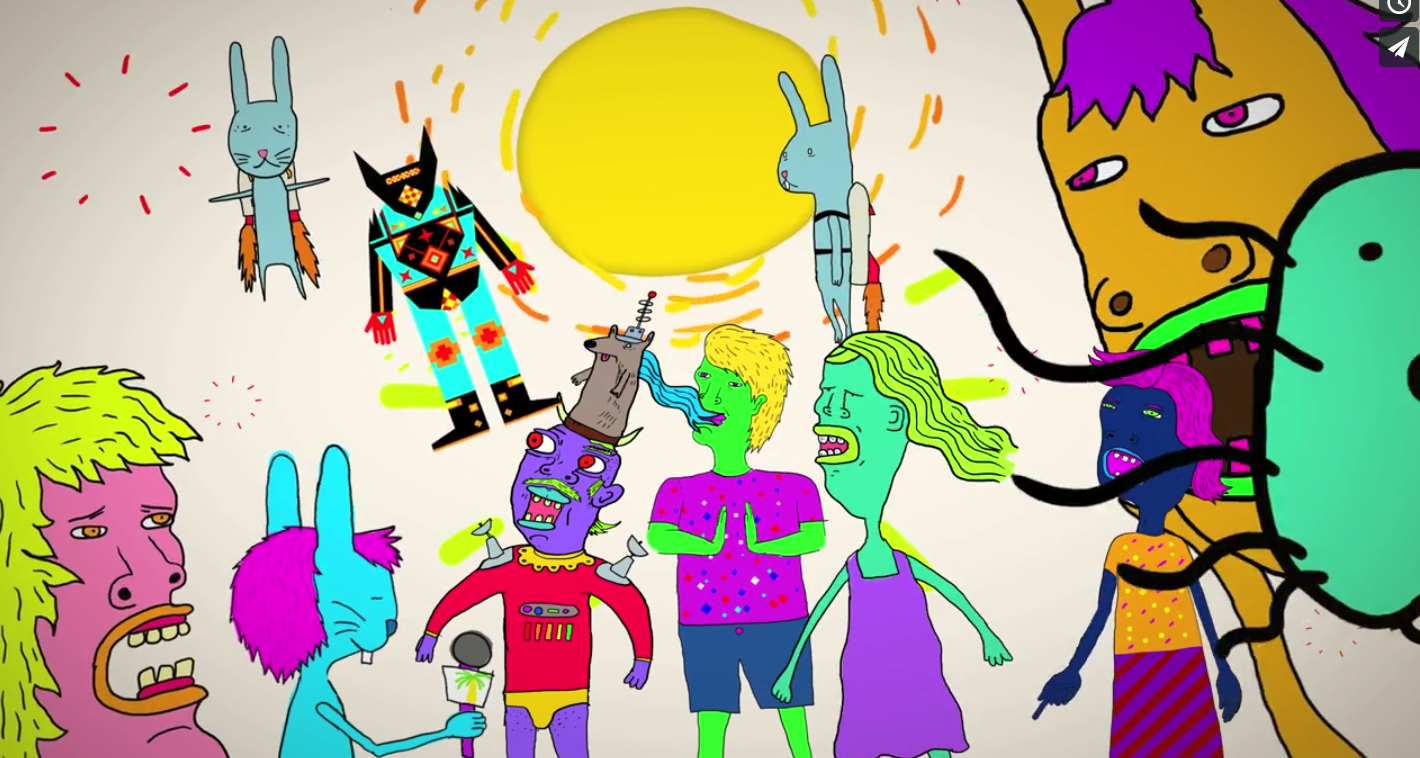
Restoring equilibrium to the Web
Photo credit: Flickr user Tom McCabe.
Tyler Fisher is a news app developer at NPR and a student fellow at the Northwestern University Knight Lab. Below, he writes about the theme of the first Knight News Challenge of 2014: How can we strengthen the Internet for free expression and innovation?
We should not have to ask the question, how can we strengthen the Internet for free expression and innovation? From its inception, the Web’s creators designed it as an open medium for free expression and innovation. In Nieman Lab’s sprawling “Riptide,” Tim Berners-Lee reminisces on why he invented the whole thing in the first place:
“Every time you thought of something, then you’d put it [on the Web], and I’d pretty much see it, so that you and I, our brains, would be in equilibrium, because we’d be in equilibrium with the web.”

RELATED LINKS
“Towards a stronger Internet” by John Bracken and Chris Sopher on Knightblog.org
“Our future’s Internet strengthened today” by Jenny Toomey on KnightBlog.org
“A $2.75 million challenge to create a more open Internet” by Mark Surman on KnightBlog.org
“Creating safe spaces for innovation on the Internet” by Kwasi Asare on KnightBlog.org
“Refusing to unlearn a free and open Internet” by Shazna Nessa on KnightBlog.org
“Innovating to create comprehension of big data and the Internet” by Higinio O. Waycotte on KnightBlog.org
“4 most common News Challenge questions answered” by John Bracken on KnightBlog.org
Equilibrium is the key word: All ideas and people were balanced in Berners-Lee’s original concept of the Web. But if you ask him about today’s version, as Wired UK did in February, his tone is different:
“I want a web that’s open, works internationally, works as well as possible and is not nation-based. … What I don’t want is a web where the Brazilian government has every social network’s data stored on servers on Brazilian soil.”
When the inventor’s description of the state of the invention contradicts the intention, something went wrong. Berners-Lee seems primarily concerned with government spying and control of the Web, not the monopolization of the Web by major tech companies. But both are major problems.
Even if we achieve a decentralization of the Web and reclaim personal privacy, younger users of the Web — my generation — won’t know how to use it. We grew up with a centralized Web. MySpace, AOL Instant Messenger, Facebook, Gmail — these services weaned us and provided us everything we needed. Why would we leave?
So, how do we get younger users of the Web to understand the importance of a decentralized Web that strengthens free expression and innovation?
It’s not about making the best WYSIWYG tool out there. Making decentralized services that are actually a pleasure to use is a great goal, but creating a population of the Web that understands why these services are important matters more.
This is a deeper, more difficult problem than just creating a community of people who can code. Plenty of talented programmers do not understand the importance of a decentralized Web. Indeed, many of them built the companies and government programs that have torn it all down.
We have lost the equilibrium of ideas that Berners-Lee imagined. Some voices tip the scales and matter more than others. Today, those more powerful voices do not care about the freedoms of the individual, and the individual doesn’t know how to fight back.
This fight is about empowerment. It’s about bringing more than just the privileged onto the Web as equal citizens. It’s about fostering a community of understanding. It’s about a community of makers instead of users. And it’s about so, so much more than this.
I look forward to seeing proposals that seek to decentralize the Web by empowering individuals, especially the underprivileged and powerless. It’s not about taking back the open Web. It’s about creating a new one where everyone is included.
In June, Knight Foundation will award $2.75 million, including $250,000 from the Ford Foundation, to support the most compelling ideas around the News Challenge question: How can we strengthen the Internet for free expression and innovation? To submit an application or to provide feedback on other entries, visit newschallenge.org. The deadline is 5 p.m. ET on March 18.
Recent Content
-
Journalismarticle ·
-
Journalismarticle ·
-
Journalismarticle ·


